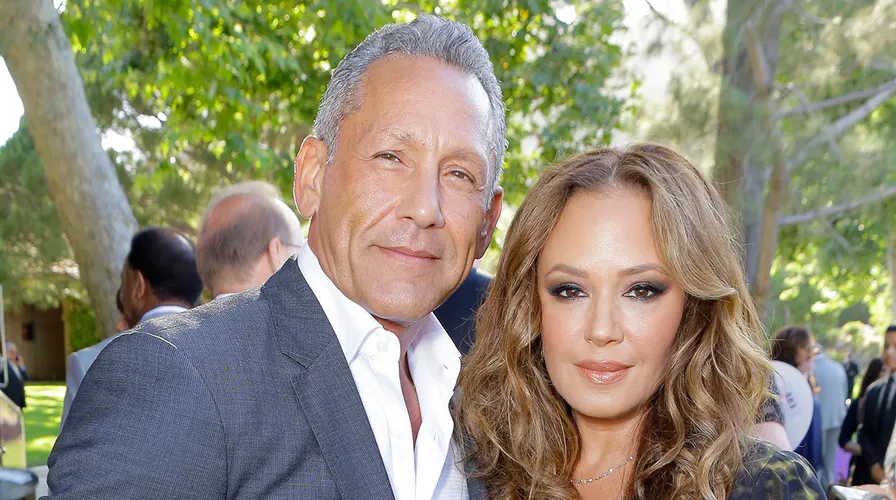Opal Tometi. Photo-Flickr
This is how Opal Tometi of Black Alliance for Just Immigration put it in “Why The Black Immigrant Experience is Central to Lasting Social Change,” in State of Black America 2017: “As we move forward in dialogue and action, as we question the legitimacy of documents, policies, and practices that render some bodies legal and others ‘alien’ we must also push ourselves to acknowledge and address the intersections of immigrant identities. Over the past decade, as the immigrant rights movement in our country has expanded, our understanding of immigration has narrowed to the non-Black, Latino experience.”
We are long overdue for a discussion about immigration as it relates to Black immigrants, particularly at this moment as the current presidential administration clamors to end legal protections for Deferred Action for Childhood Arrivals (DACA) recipients, and congressional leaders lurch from one proposed bipartisan solution to another in search of a permanent legislative fix. To be sure, to live in this country as an undocumented person is to live a life overshadowed by fear, but combine that fear with the harsh realities of race in our nation and you have a volatile mix.
The numbers are troubling—and telling. Black immigrants make up a small percentage of DACA recipients. They are an estimated 12,000 of 700,000 recipients, and comprise less than 10% of all our nation’s entire immigrant population, but at 21%, they are predictably overrepresented in deportation proceedings as a result of criminal convictions, and according to the deputy director of the Black Alliance for Just Immigration, the same yawning disparity holds true for detention rates. BAJI’s State of Black Immigrants report estimates that “one out of every five noncitizens facing deportation on criminal grounds before the Executive Office for Immigration Review is Black.”
While undocumented Black immigrants share a universal story of migration, struggle, and survival, they must also contend with the heightened risk of social vulnerability commonly tied to race in our nation. As we enter the proverbial ring to fight for the civil and human rights of those brought to this country as children, recognize no other home, and as President Obama once noted, are “Americans in their heart, in their minds, in every single way but one: on paper,” we must ensure that solutions that benefit one immigrant community do not derail the opportunities of another. Therefore, the stories and voices of Black immigrants must remain top-of-mind and relevant throughout this debate.
The Trump administration recently left the fate of these 700,000 undocumented immigrants in the hands of the Supreme Court. A decision to allow the Trump administration to end the DACA program—which currently shields those young men and women from deportation—would have resulted in the near immediate loss of that protection. The added travesty for Black immigrants is that over-policing in their communities and increased engagement with the criminal justice system would have increased their risk of deportation. But in a widely expected setback, the Supreme Court rejected the administration’s request to hear the case. While the court’s decision offers a timely lifeline to DACA recipients, who faced the imminent expiration of the program’s legal protections, the reprieve is temporary.
The disturbing language said to come from the White House claiming that Nigerians live in huts, that all Haitians have AIDS, or that Africans should return to their slur-worthy countries, would evidence a disdain for immigrants who come from majority Black countries. Various proposed congressional resolutions have highlighted the urgency of amplifying the experiences of Black immigrants. There are bipartisan proposals on the table that offer a permanent fix for DACA recipients and DREAMers (undocumented immigrants who are eligible, but have not applied for DACA), in exchange for ending established channels to legal immigration such as Temporary Protected Status (TPS), protections for immigrants who come from countries experiencing environmental or social upheaval, the visa diversity lottery program, and family-based immigration programs—some of the very programs that created and create legal pathways for Black immigration.
We are stronger together. The immigrants’ rights movement needs to be inclusive and incorporate the realities of its diverse constituencies. Now is the time for rights groups, advocates, and allies to begin to specifically look at and address the complicated needs and reality of Black undocumented immigrants whose stories and voices are rarely heard above prevailing media narratives. It is time to affirm that their lives matter, too.
Marc H. Morial
President and CEO
National Urban League









